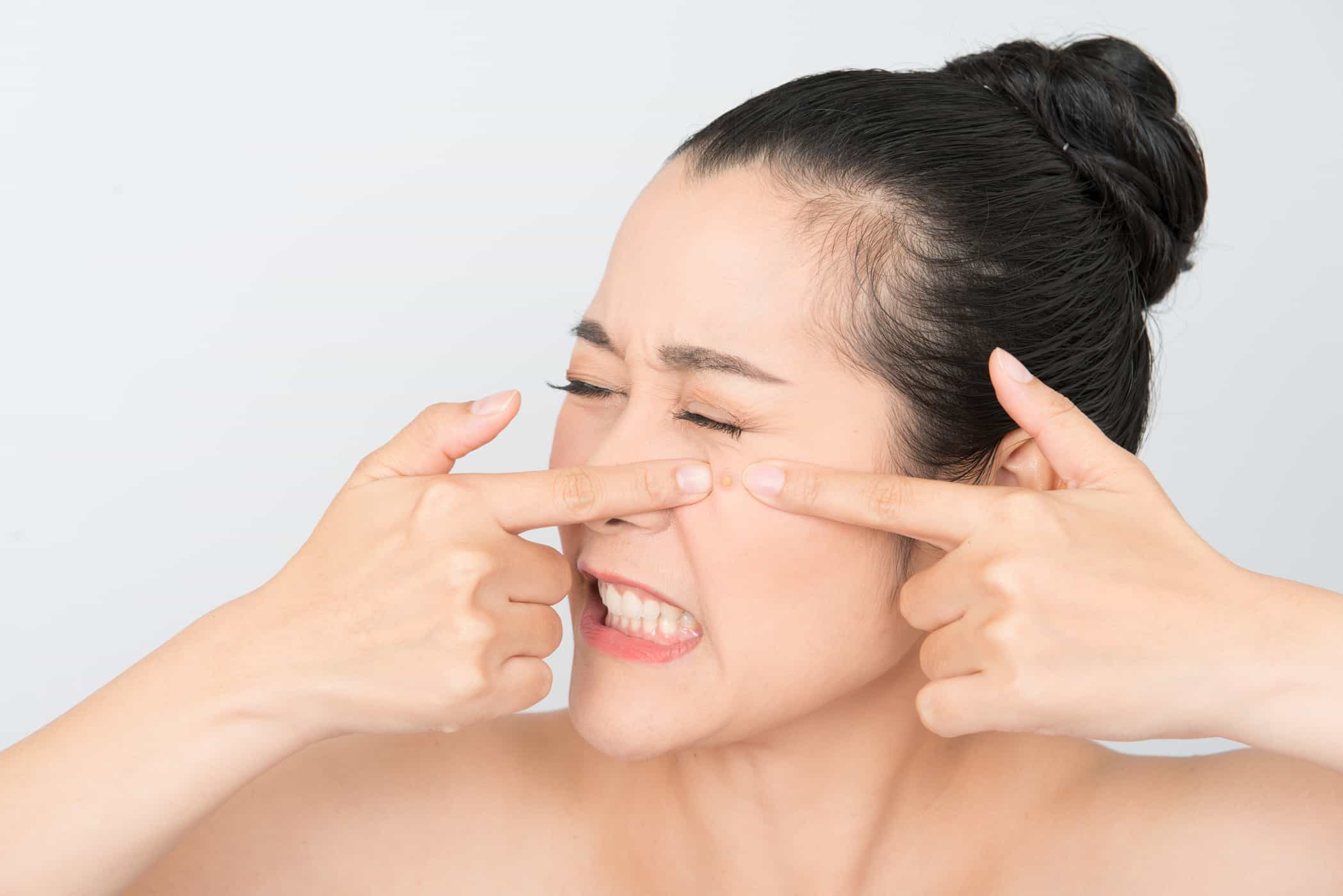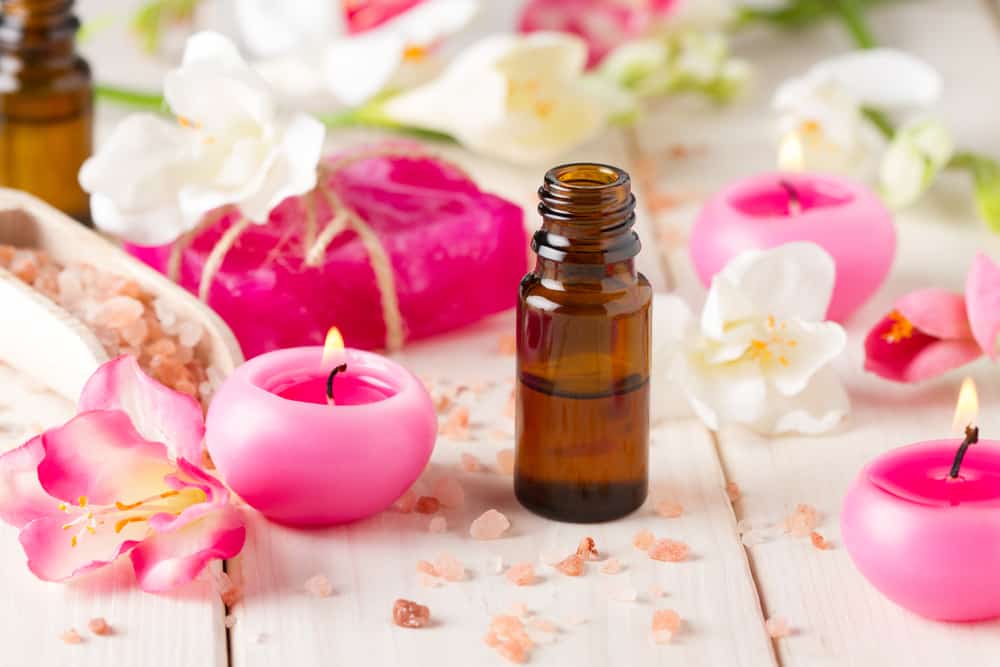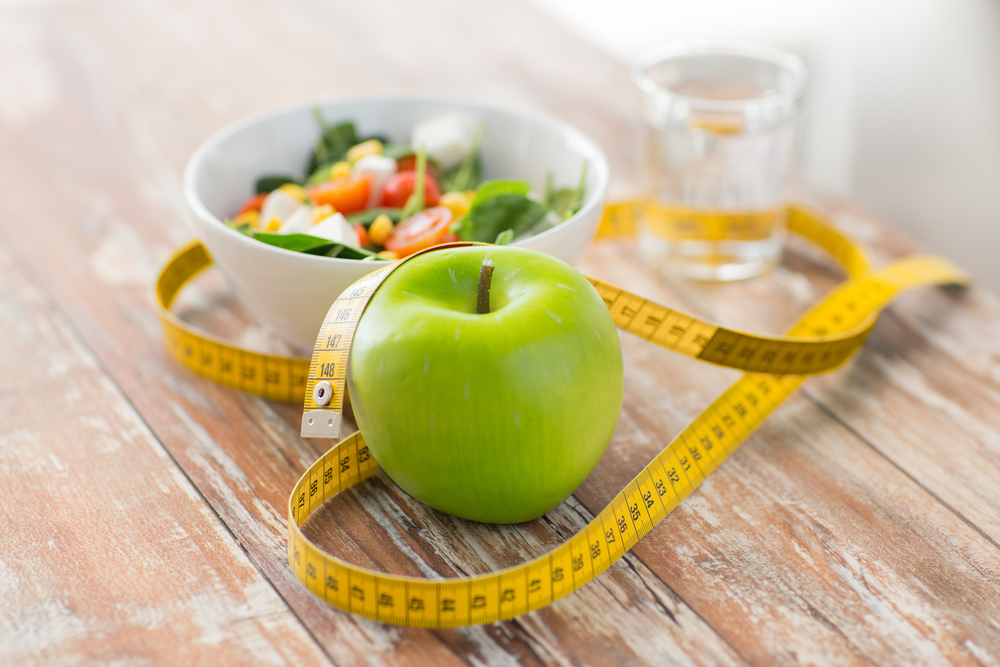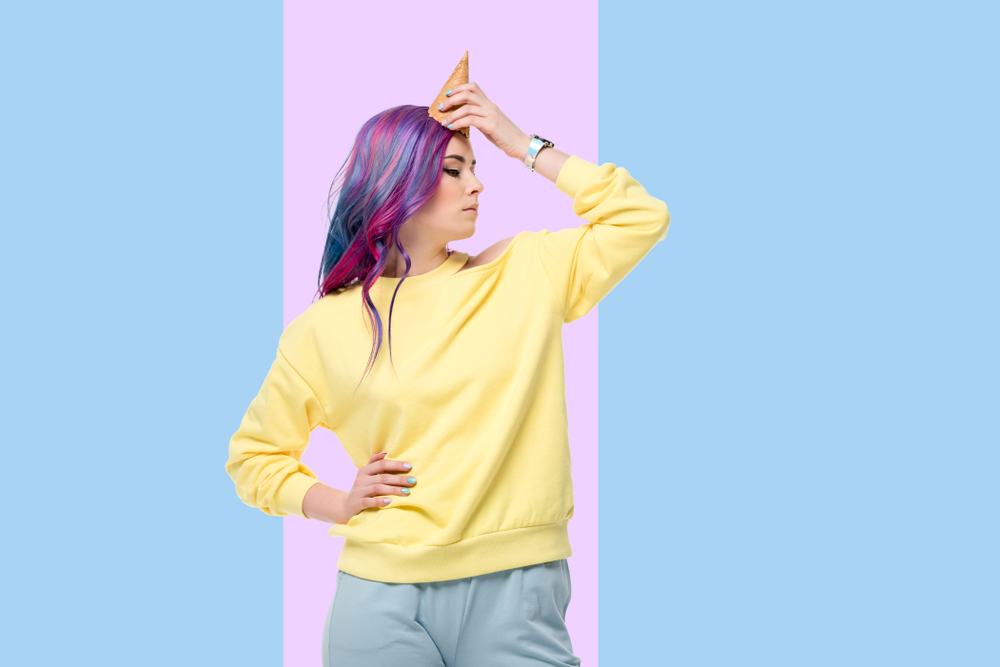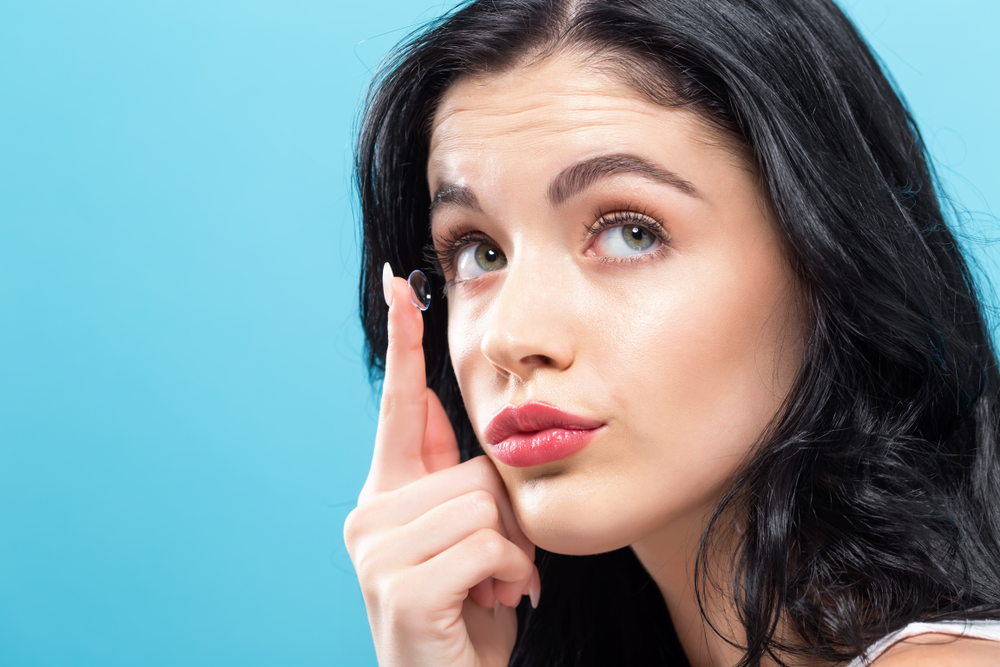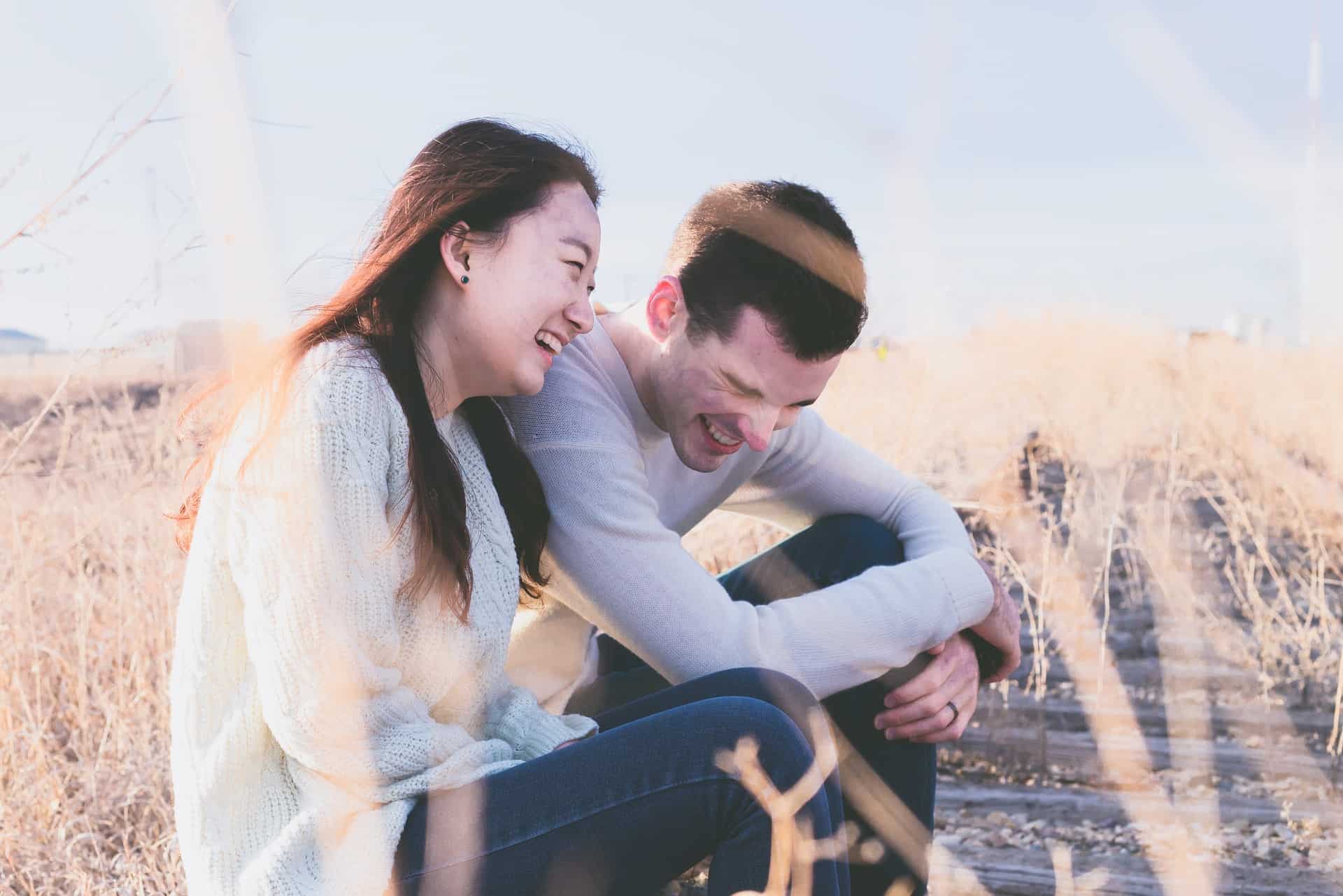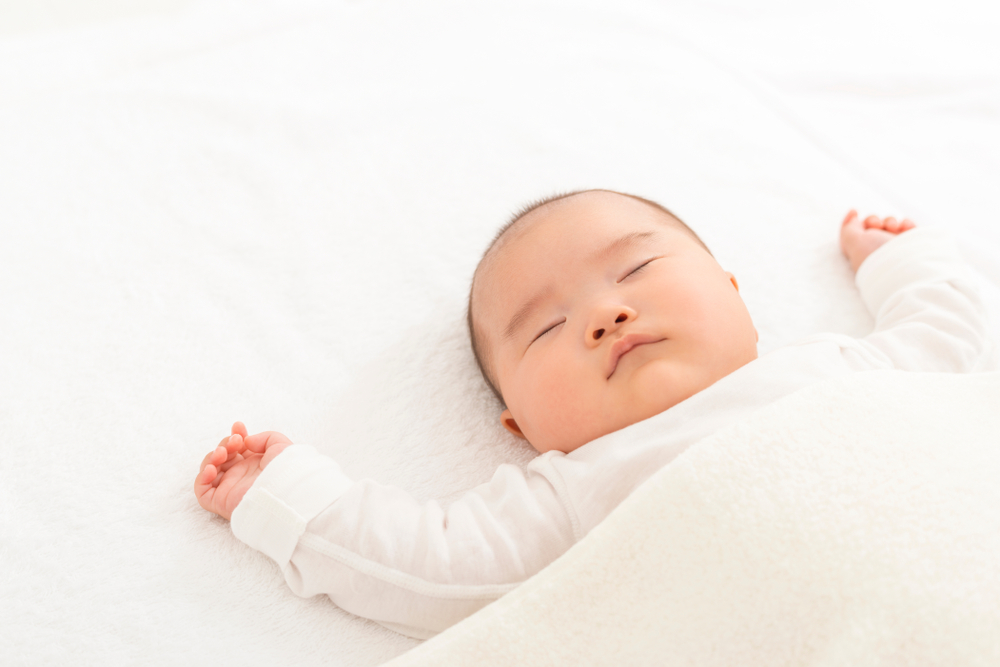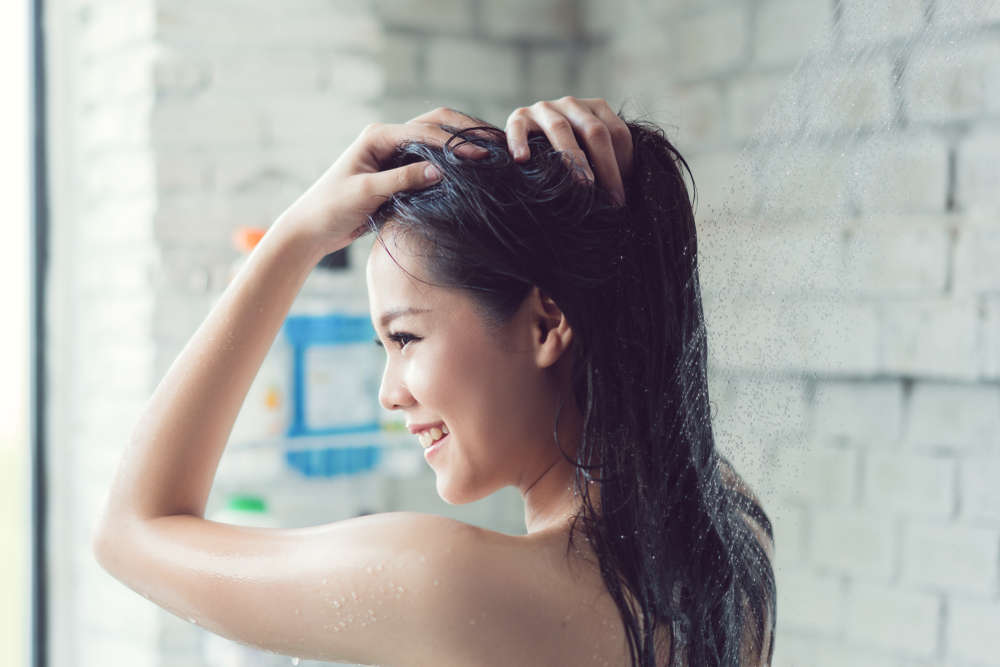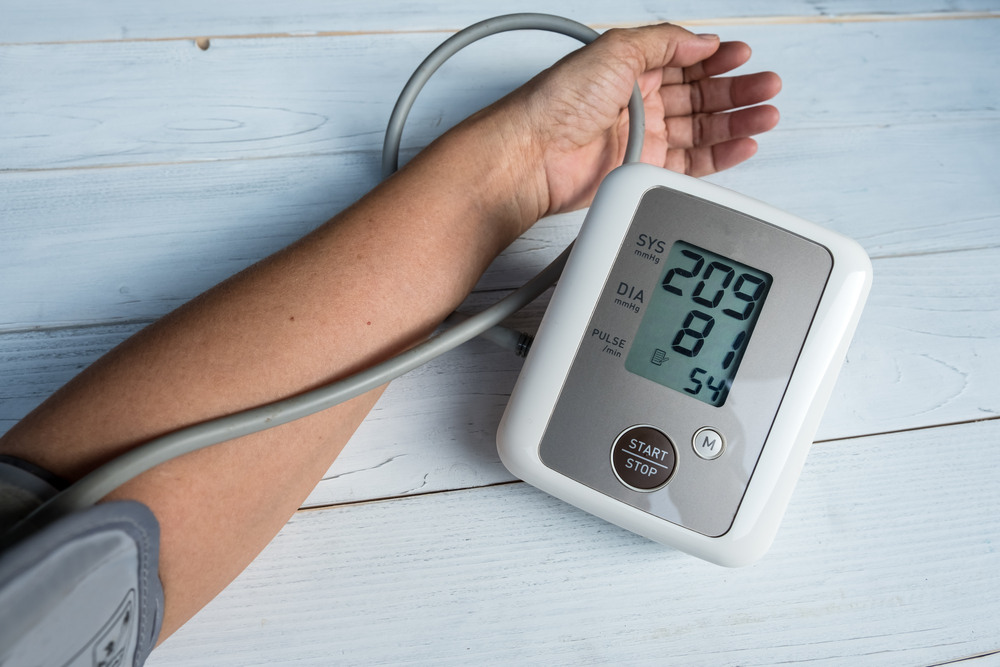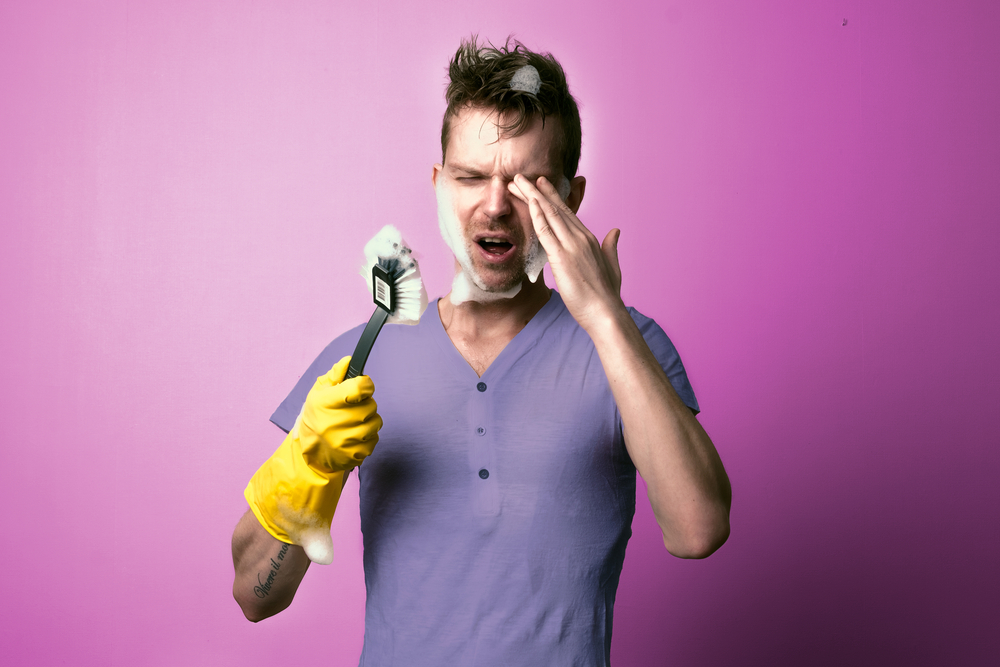Contents:
- Medical Video: Rosacea Treatment at Pulse Light Clinic London
- What is IPL treatment?
- Is IPL effective for removing acne?
- What you should pay attention to before undergoing IPL therapy
Medical Video: Rosacea Treatment at Pulse Light Clinic London
Lately, many dermatologist clinics offer IPL treatment as a quick way to get rid of stubborn acne. How effective is this treatment, and what side effects might it occur? Here's the answer.
What is IPL treatment?
IPL treatment (Intense Pulsed Light) is a skin care therapy that utilizes xenon light in high intensity to rejuvenate skin tissue. This therapy can be used to treat various skin problems, ranging from acne, dark spots and black spots, scars, wrinkles and fine lines, and various other problems.
Many people are fooled and assume that IPL is the same therapy as laser therapy. In fact, these two treatments have different methods and tools. Laser therapy works using one light wave that is concentrated in just one target cell. Imagine a laser pointer that is often used for office presentations.
Meanwhile, IPL treatment works using a mixture of various light waves so that it can target a larger area. IPL also has a lower risk of side effects than laser therapy.
Is IPL effective for removing acne?
You can consider IPL treatment as a way to get rid of acne from mild to moderate levels. Based on research published in the recent journal Dermatology Therapy, IPL therapy that uses ultraviolet light and other light waves can kill the bacteria that cause acne.
This therapy is also reported to be able to reduce the size of oil glands so that it controls the amount of facial oil production. Sebum, aka facial oil, is one of the factors that influence the emergence of canes
The above study also found that two weeks after participants underwent IPL therapy for the first time, the number of blackheads, inflamed zits, and acne scars had dropped dramatically - reaching 51.8 to 64.7 percent.
What you should pay attention to before undergoing IPL therapy
So far, IPL therapy tends to be safe, howevermust be under the supervision of a specialist. Therefore, do not forget to consult with a dermatologist before undergoing an IPL to get rid of zits. Don't hesitate to communicate your complaint bluntly, including if you have other illnesses. The doctor will tell you about the procedure, the risks that can occur, and the care that you have to do after undergoing this therapy.
IPL therapy usually lasts between 20-30 minutes, depending on the size of the problem area. To get the most optimal results, you are advised to do an IPL treatment more than once. Usually, it takes around 3-6 therapy sessions until you get the desired results. This of course must be adjusted to the skin condition of each person.
Facial skin may be flushed and more sensitive within a few hours after undergoing an IPL. Use cold water to wash your face for the first few days after therapy.

